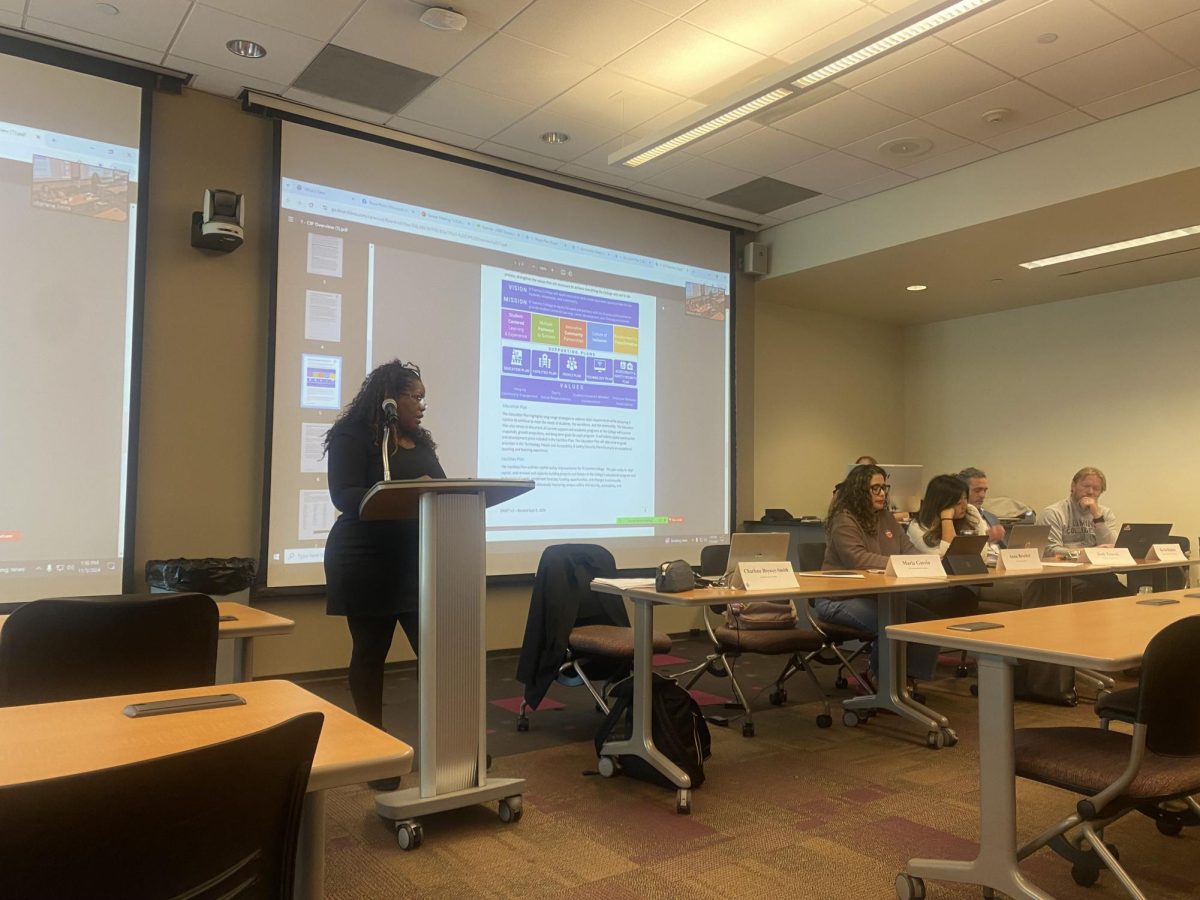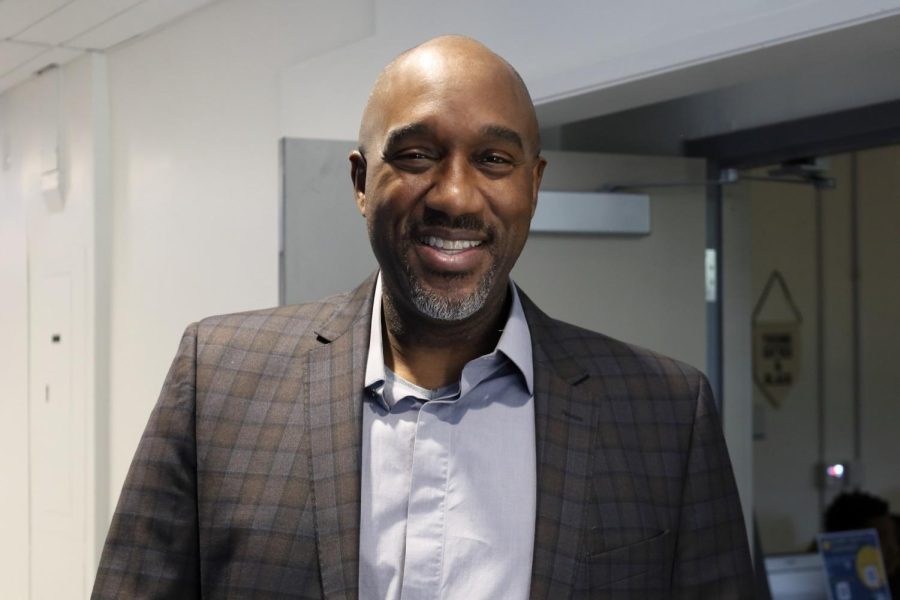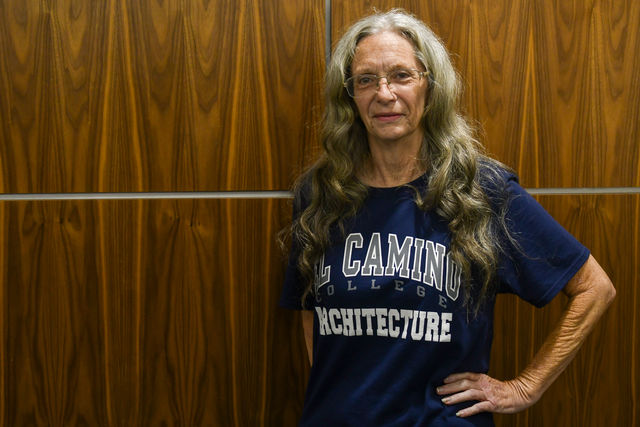Despite the EC Policy, which states that textbooks should reflect reasonable cost as well as professional standards, students continue to pay high prices.
Last spring, students requested that the Academic Senate help with high textbook prices, although physics and astronomy professor David Vakil said that teachers cannot determine the prices.
“Teachers have no control over textbook prices; the publishing companies set the prices,” Vakil said.
An instructor’s ability to change editions may inherently depend on the subject itself.
Subjects such as science and math tend not to differ in short periods of time. However, areas of study such as computer science are under constant change and need frequent textbook updates.
“Physics is the same unless new discoveries are made, which isn’t often. I use older editions of the text,” Vakil said.
Supplements attached to books by publishers increase prices
The increasing cost of textbook prices is attributed in part to publishers adding CD-ROM supplements to textbooks, Vakil said.
ASO student trustee Bryce Matson said that these CD-ROM supplements are sometimes not necessary and, if opened, void a student’s ability to sell their textbooks back to the store.
According to EC policy, textbooks considered for use must undergo a “period of adoption,” which lasts at least one academic year, meaning that textbooks may be used a minimum of one year before becoming eligible for an update.
ASO student trustee suggests increasing adoption period
At a recent Academic Senate meeting, Matson suggested that the school board change the period of adoption.
He would like it to go from one year to two years allowing students to sell their books back to EC’s bookstore, Matson said.
In terms of revenues going back to students, “the more money we (student bookstore) makes, the more we can give back (to students),” director of EC bookstore Linnda Nelson, said.
Students may also find relief from textbook prices by checking them out from the Schauerman Library.
However, the supply of books available at the library does not meet the students’ demand many said at a recent Academic Senate meeting.








